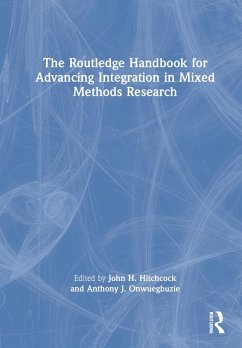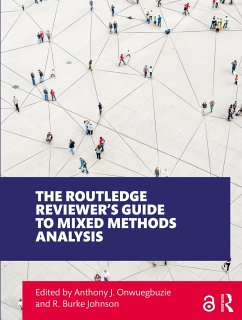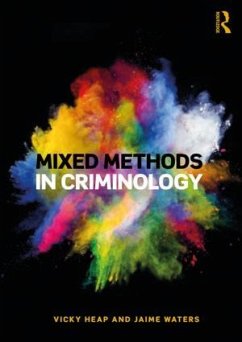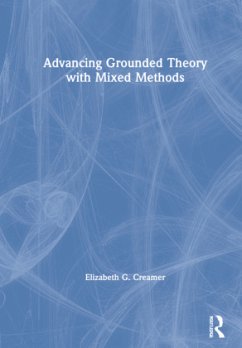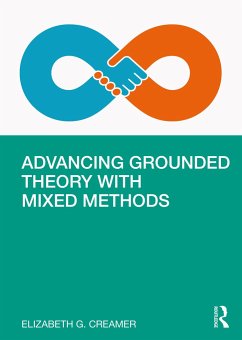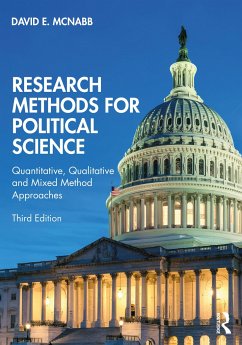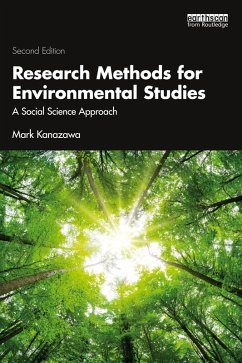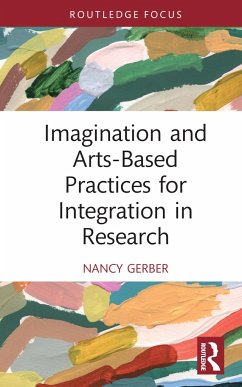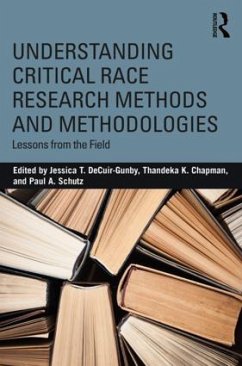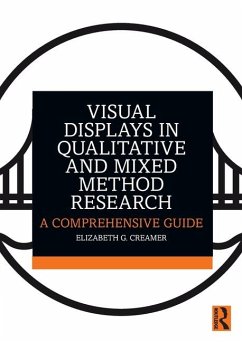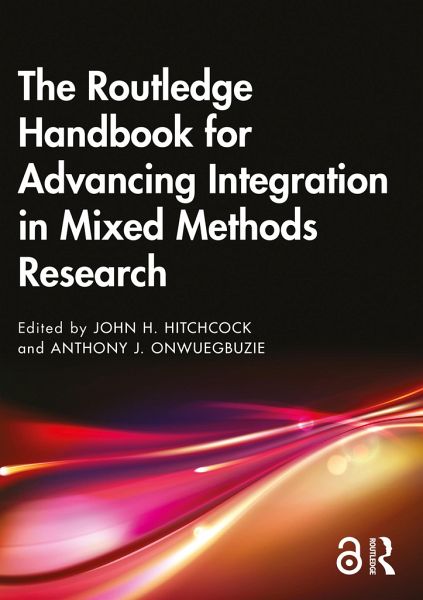
The Routledge Handbook for Advancing Integration in Mixed Methods Research
Versandkostenfrei!
Versandfertig in 6-10 Tagen
118,99 €
inkl. MwSt.

PAYBACK Punkte
59 °P sammeln!
This groundbreaking edited book, The Routledge Handbook for Advancing Integration in Mixed Methods Research, presents an array of different integration ideas, with contributions from scholars across the globe.This handbook represents the first major volume that comprehensively discusses this topic of integration. Perhaps the most fundamental and longstanding question in mixed methods research is: How does one best integrate disparate forms of information to produce the best form of inquiry? Each of the 34 seminal chapters in this handbook accelerates the discussion of integration across a broa...
This groundbreaking edited book, The Routledge Handbook for Advancing Integration in Mixed Methods Research, presents an array of different integration ideas, with contributions from scholars across the globe.
This handbook represents the first major volume that comprehensively discusses this topic of integration. Perhaps the most fundamental and longstanding question in mixed methods research is: How does one best integrate disparate forms of information to produce the best form of inquiry? Each of the 34 seminal chapters in this handbook accelerates the discussion of integration across a broad range of disciplines, including education, arts-based analyses, and work in the Global South, as well as special topics such as psychometrics and media research. Many of the chapters present new topics that have never been written about before, and all chapters offer cutting-edge approaches to integration. They also offer different perspectives of integration - leadingthe introductory chapter to offer a new and comprehensive definition for integration, as follows: "referring to the optimal mixing, combining, blending, amalgamating, incorporating, joining, linking, merging, consolidating, or unifying of research approaches, methodologies, philosophies, methods, techniques, concepts, language, modes, disciplines, fields, and/or teams within a single study." The concluding chapter offers a meta-framework that accounts for this definition and is designed to help scholars think more about integration in a way that represents a continuous, dynamic, iterative, interactive, synergistic, and holistic meaning-making process.
This handbook will be an essential reference work for all scholars and practitioners using or seeking to use mixed methods in their research.
This handbook represents the first major volume that comprehensively discusses this topic of integration. Perhaps the most fundamental and longstanding question in mixed methods research is: How does one best integrate disparate forms of information to produce the best form of inquiry? Each of the 34 seminal chapters in this handbook accelerates the discussion of integration across a broad range of disciplines, including education, arts-based analyses, and work in the Global South, as well as special topics such as psychometrics and media research. Many of the chapters present new topics that have never been written about before, and all chapters offer cutting-edge approaches to integration. They also offer different perspectives of integration - leadingthe introductory chapter to offer a new and comprehensive definition for integration, as follows: "referring to the optimal mixing, combining, blending, amalgamating, incorporating, joining, linking, merging, consolidating, or unifying of research approaches, methodologies, philosophies, methods, techniques, concepts, language, modes, disciplines, fields, and/or teams within a single study." The concluding chapter offers a meta-framework that accounts for this definition and is designed to help scholars think more about integration in a way that represents a continuous, dynamic, iterative, interactive, synergistic, and holistic meaning-making process.
This handbook will be an essential reference work for all scholars and practitioners using or seeking to use mixed methods in their research.





